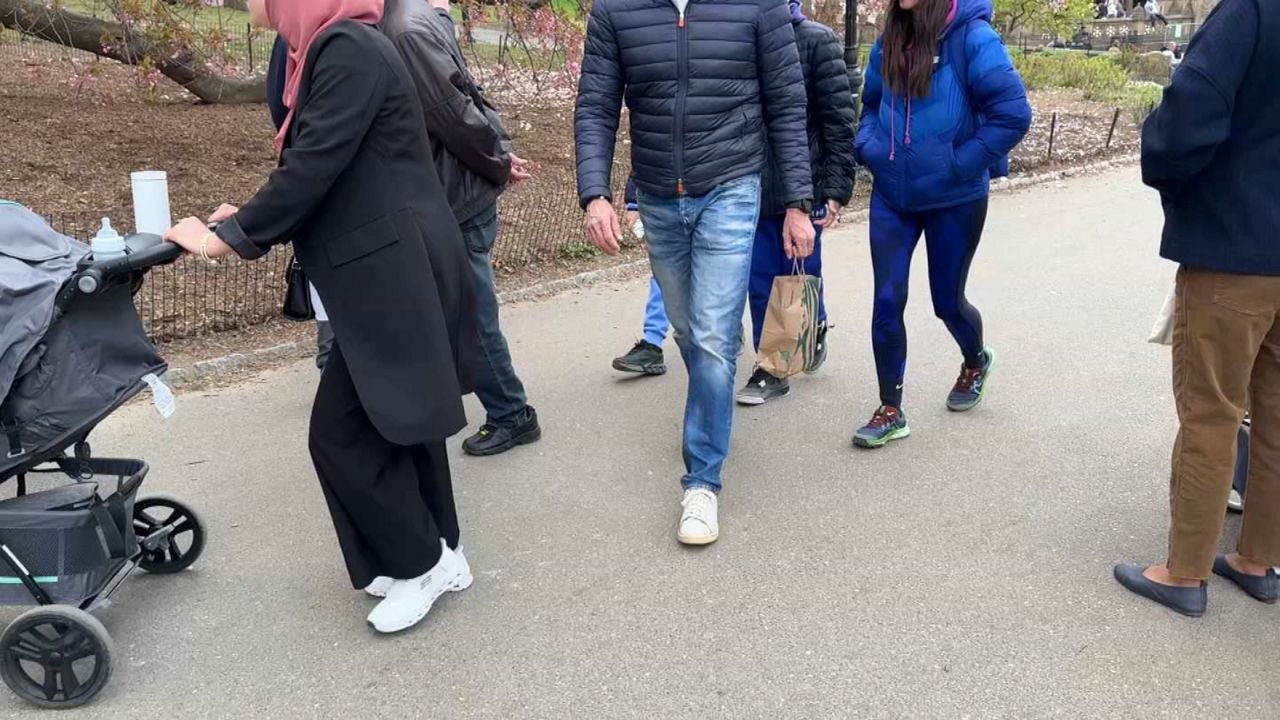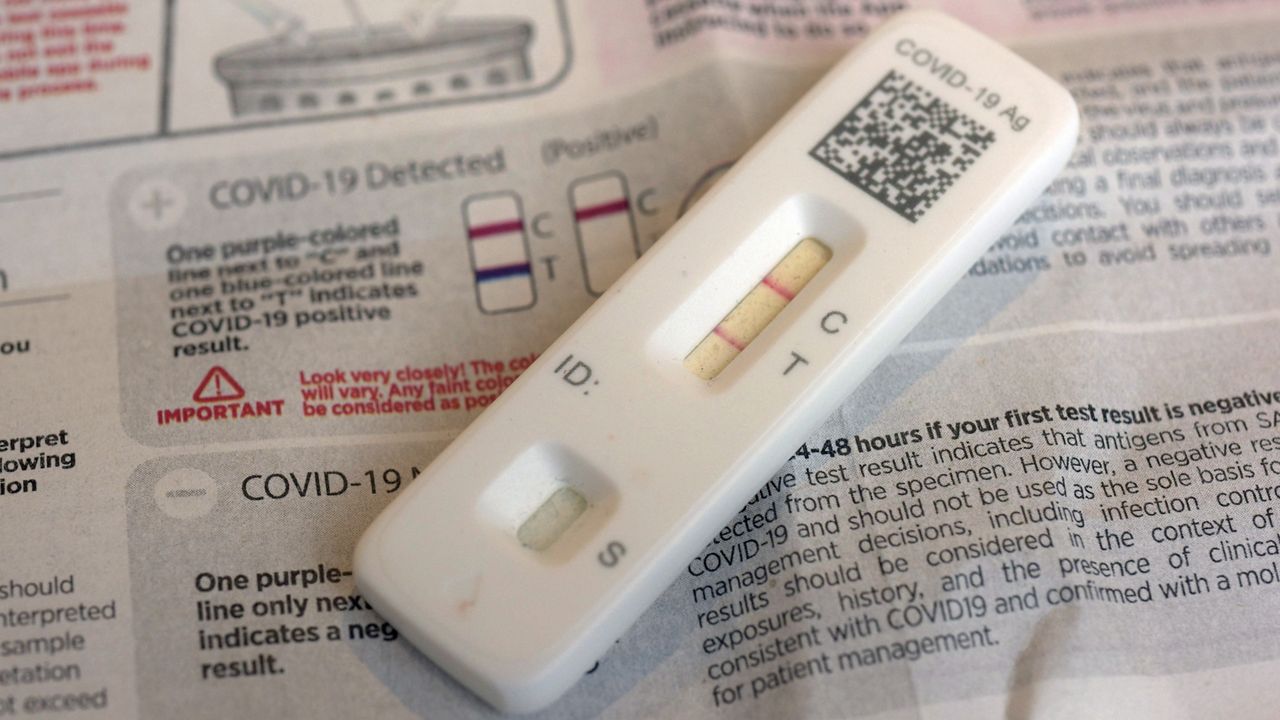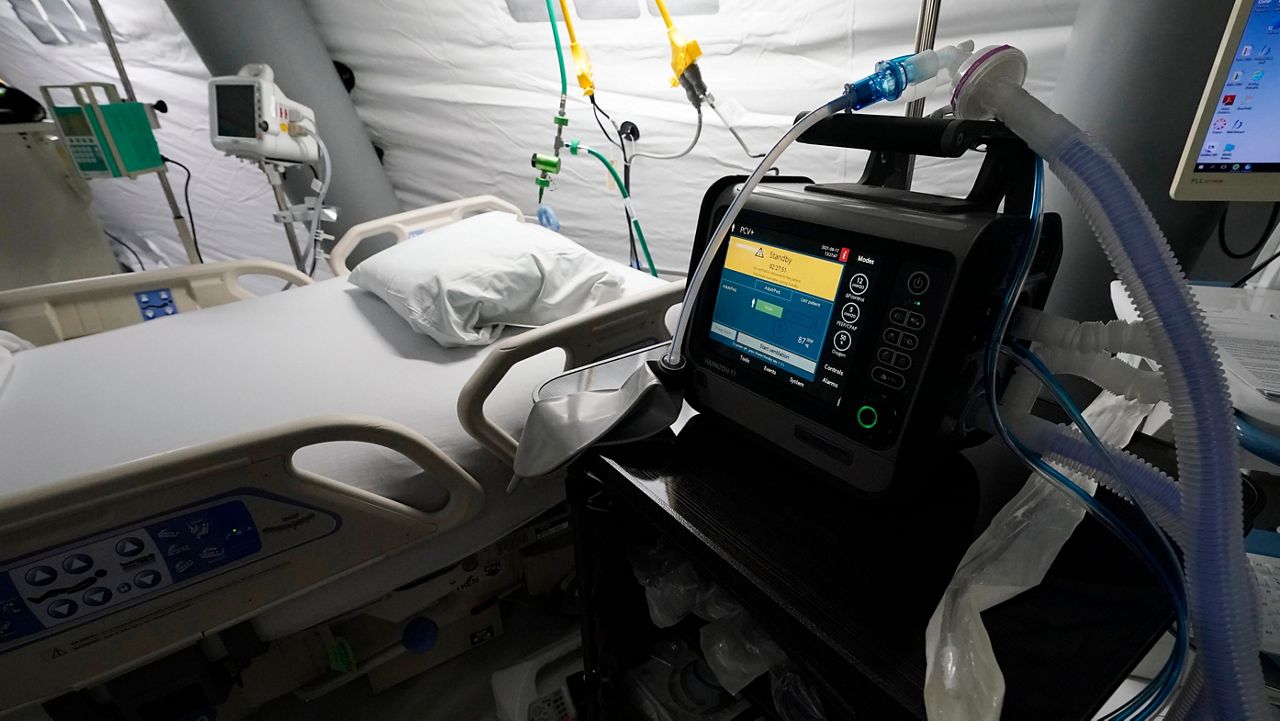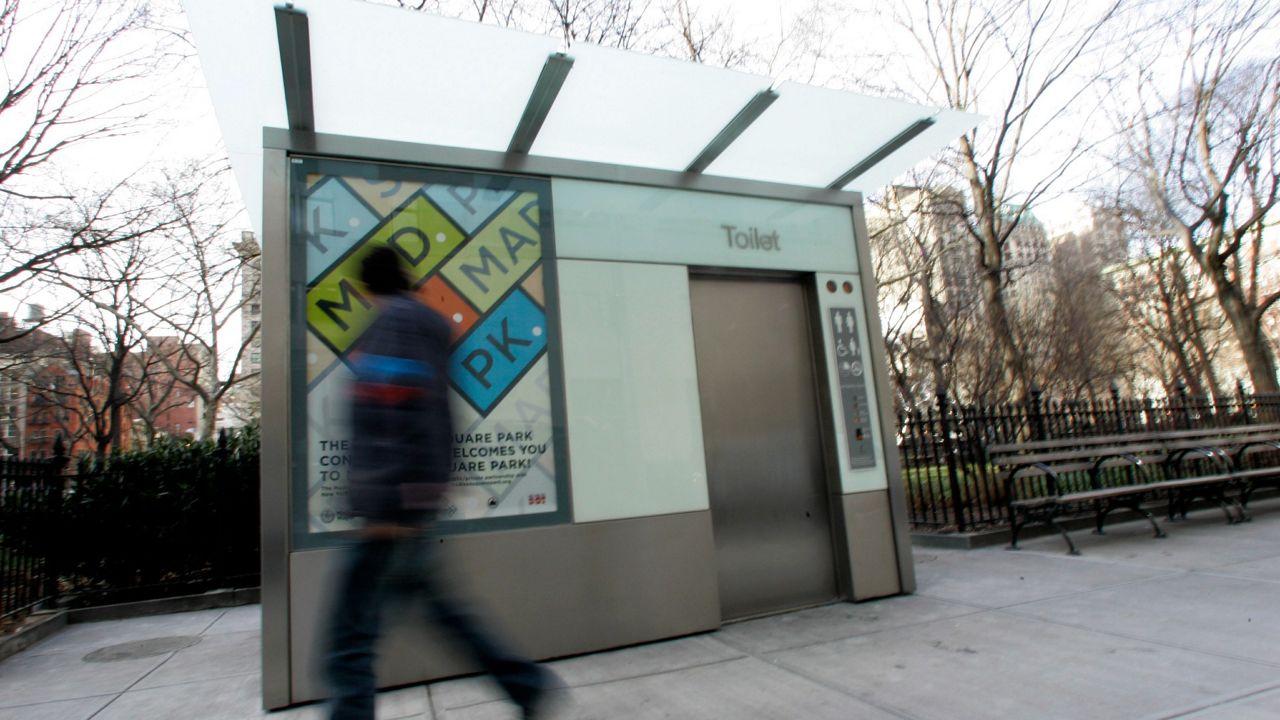Erica Abduelal chose to give birth with the help of a midwife at a hospital.
"As somebody who didn't have people as a community, or resources available, the only other person I knew who had that sort of [midwife] delivery was my mother," Abduelal said.
Abduelal got her care from Oula Health in Brooklyn. Oula is working to make midwives more accessible to women, especially black women in the city, as maternal mortality rates have risen since the COVID-19 pandemic.
"The World Health Organization says it is one of the best ways that we can improve maternity care. Some estimate as high as 80% of maternal deaths can be avoided if we had more midwives in the system," said Oula Health CEO Adrienne Nickerson.
Black women are almost four times as likely to die from child-birth complications than white women in the United States — and almost 12 times as likely in New York.
"Knowing that incomes are often worse for folks who are on Medicaid, we had an even bigger moral imperative so that we were able to take folks regardless of their insurance," Nickerson said.
The clinic also says accessibility is imperative after Roe v. Wade was overturned in the Supreme Court, changing abortion rules in some states. In New York, women are able to get abortions.
"We know more women are going to have more babies in a post-Roe world. It become a moral imperative that we fix the broken maternity care system," Nickerson said.
The Commonwealth Fund reports that the U.S. has the highest maternal mortality rate among developed countries. One of the factors contributing to the high number of maternal deaths is that there are too few midwives.
Abduelal personally benefited from having a midwife.
"It was really a focus on how I was recovering — how I was feeling," Abduelal said.
And ever since the birth of her daughter, Selena, the two have been doing great.









